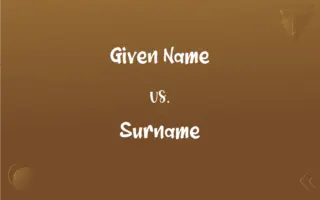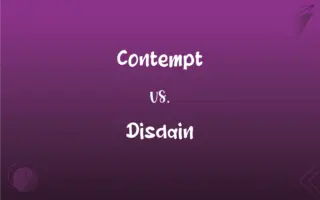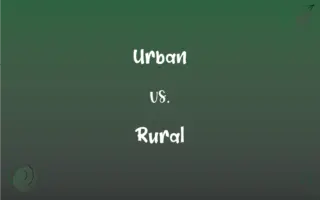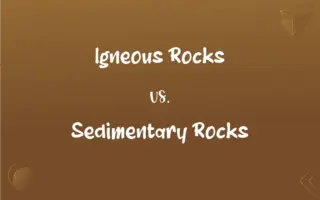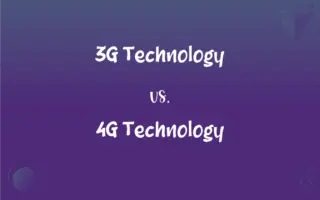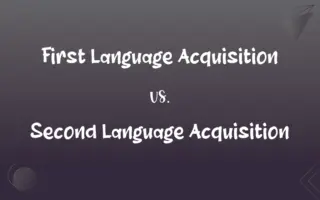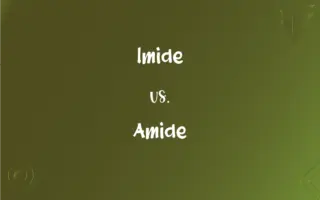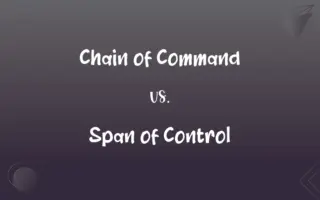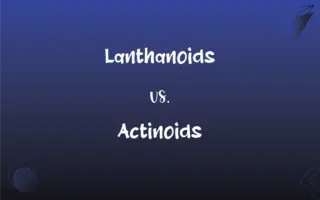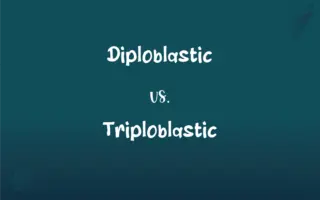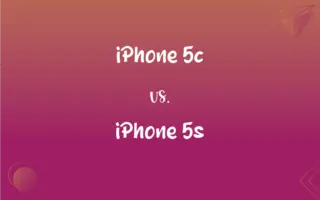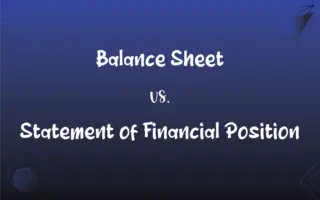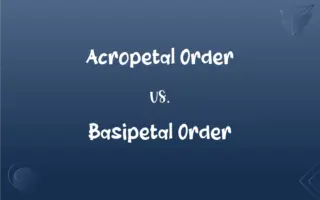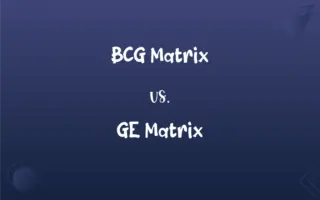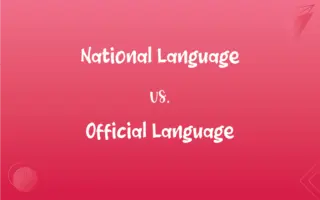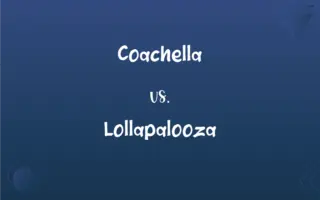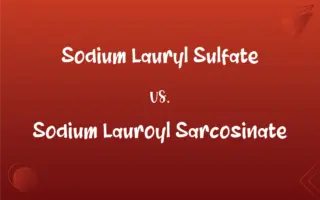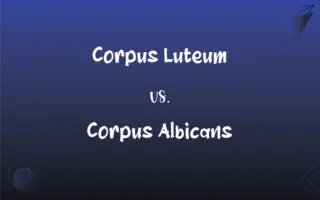Professional vs. Proficient: What's the Difference?
Edited by Aimie Carlson || By Harlon Moss || Published on December 30, 2023
Professional pertains to someone engaged in a specified activity as a paid occupation, while proficient denotes a high degree of competence or skill.

Key Differences
Professional is used to describe someone who is engaged in a particular profession or occupation, often implying formal training and paid work. Proficient, however, refers to a high level of skill or competence in any activity or field, regardless of it being a paid profession.
Professional carries a connotation of formal training, expertise, and adherence to ethical standards. Proficient, on the other hand, emphasizes skill and competence in performing tasks or activities.
The term professional is not only about skill level but also includes aspects like attitude, ethics, and dedication to a field. Proficient focuses solely on the skill level and expertise in a specific area.
Professional is often used in a broader context, including one’s conduct and attitude in a workplace. Proficient is used specifically to denote skillfulness and mastery in a particular area.
Being a professional often involves official recognition or certification in a field. Proficiency is generally recognized through performance and results, not necessarily formal certification.
ADVERTISEMENT
Comparison Chart
Meaning
Engaged in a specified activity as a paid occupation
High degree of competence or skill
Connotation
Formal training, expertise, and ethical standards
Skillfulness and mastery in a specific area
Scope
Skill level, attitude, ethics, dedication
Focuses solely on skill level and expertise
Application
Broad, including conduct and attitude in a profession
Specific to demonstrating skill in activities
Recognition
Often involves official certification
Recognized through performance, not formal certification
ADVERTISEMENT
Professional and Proficient Definitions
Professional
Relating to a profession.
She conducted herself in a very professional manner.
Proficient
Having an advanced degree of competence or skill.
She is proficient at playing the piano.
Professional
A person engaged in a specified occupation.
As a professional photographer, he captures stunning images.
Proficient
Competent or skilled in doing or using something.
He is proficient in several programming languages.
Professional
Someone who earns their living from a specified activity.
She became a professional tennis player at 18.
Proficient
Showing a high degree of skill; expert.
He is a proficient writer with a unique style.
Professional
Competent or skilled.
The presentation was done in a professional way.
Proficient
Well advanced in an art, occupation, or branch of knowledge.
Her proficiency in mathematics is impressive.
Professional
Worthy of or appropriate to a professional person.
His professional expertise was evident in the project.
Proficient
Having or showing knowledge and skill and aptitude.
She was proficient in three languages.
Professional
Of, relating to, engaged in, or suitable for a profession
Lawyers, doctors, and other professional people.
Proficient
Having or marked by an advanced degree of competence, as in an art, vocation, profession, or branch of learning.
Professional
Conforming to the standards of a profession
Professional behavior.
Proficient
A person who exhibits such competence; an expert.
FAQs
Can "professional" have a negative connotation?
Rarely, but it might imply excessive commercialism or lack of sincerity when used cynically.
Can "professional" describe a behavior?
Yes, it can refer to exhibiting a courteous, conscientious, and generally businesslike manner.
What is a "professional" field?
A field requiring specialized knowledge and often long and intensive academic preparation.
Is "proficient" the same as "expert"?
Not exactly. "Expert" implies deeper knowledge and skill, while "proficient" suggests competence.
Is "proficient" a compliment?
Yes, it's used to praise someone's skill level in a particular field.
What does "proficient" mean?
Well advanced in an art, occupation, or branch of knowledge.
What does "professional" mean?
Refers to someone engaged in a specified activity as a main paid occupation rather than a pastime.
Is "professional" only used for individuals?
No, it can describe organizations or activities that are of a professional nature.
Can someone be a professional and not proficient?
Yes, one can be a professional in a field but not necessarily proficient, especially if they're new.
Is proficiency a requirement for professionalism?
Generally, yes. Professionalism often implies a degree of proficiency.
Can "proficient" apply to beginners?
No, it typically applies to those with considerable experience or learning.
Can both terms apply to all fields?
Yes, both can be used across various fields and disciplines.
How do you use "professional" in a sentence?
Example: She conducted herself in a professional manner during the meeting.
How do you use "proficient" in a sentence?
Example: He is proficient in several programming languages.
How do you become proficient?
Through practice, experience, and learning in a particular field.
How does context affect their use?
Context determines whether the focus is on the occupation (professional) or skill level (proficient).
Can these terms be used interchangeably?
Not really, as "professional" often refers to the nature of the occupation, while "proficient" refers to skill level.
Which industries commonly use these terms?
Both are widely used across industries, especially in business, technology, and the arts.
Do these terms have different meanings in different cultures?
The core meaning remains the same, but cultural nuances can influence their interpretation.
How has the use of these terms evolved?
Over time, "professional" has expanded from describing occupations to behavior, while "proficient" has maintained its focus on skill level.
About Author
Written by
Harlon MossHarlon is a seasoned quality moderator and accomplished content writer for Difference Wiki. An alumnus of the prestigious University of California, he earned his degree in Computer Science. Leveraging his academic background, Harlon brings a meticulous and informed perspective to his work, ensuring content accuracy and excellence.
Edited by
Aimie CarlsonAimie Carlson, holding a master's degree in English literature, is a fervent English language enthusiast. She lends her writing talents to Difference Wiki, a prominent website that specializes in comparisons, offering readers insightful analyses that both captivate and inform.
























